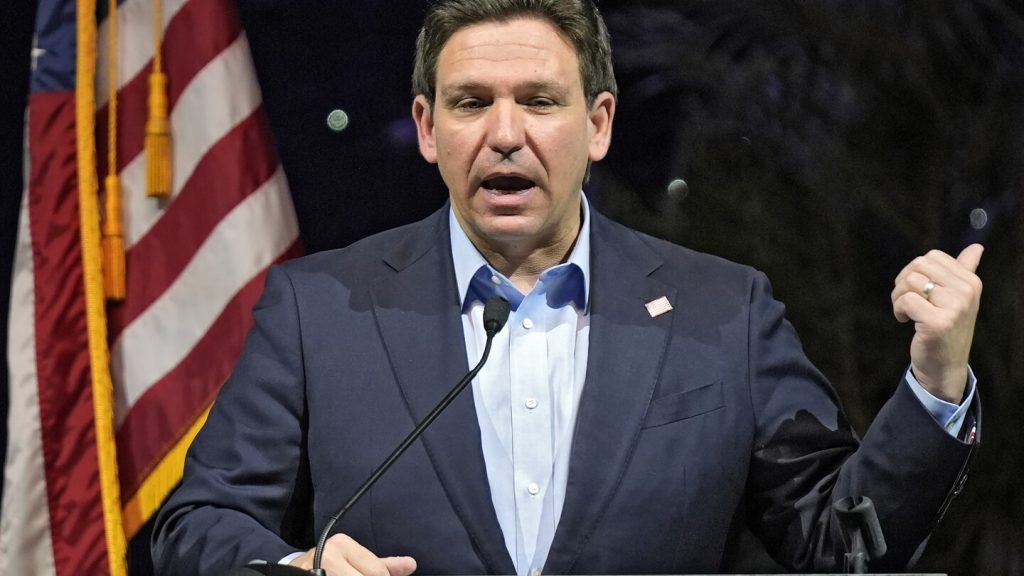The Florida Governor Ron DeSantis signed legislation that reduces the priority of climate change in the state and bans power-generating wind turbines offshore. The bill, set to take effect on July 1, focuses on boosting expansion of natural gas, reducing regulations on gas pipelines, and increasing protections against bans on gas appliances. Critics argue that the bill ignores the reality of climate change threats in Florida, such as rising seas, extreme heat, and severe storms. They accuse DeSantis and the state Legislature of acting in the interests of the fossil fuel industry rather than the well-being of Floridians.
The legislation also eliminates requirements for government agencies to hold conferences in environmentally certified hotels, prioritize fuel efficiency in vehicle purchases, and consider climate-friendly products before making purchases. This marks a departure from previous efforts to address climate change in Florida, such as a bill passed in 2008 to promote renewable energy. Former Governor Rick Scott, now a Republican U.S. senator, had taken steps to undo some of these measures, and the current bill signed by DeSantis takes it further by erasing references to climate in state statutes and shifting energy goals away from efficiency and reducing greenhouse gas emissions.
In response to criticism, DeSantis defended the bill as a common-sense approach to energy policy that rejects the agenda of what he called “radical green zealots.” He emphasized the state’s reliance on natural gas for electric generation and touted provisions in the legislation that aim to study small nuclear reactor technology, expand the use of hydrogen-powered vehicles, and enhance electric grid security. The bill also aligns with DeSantis’ decision to suspend his presidential campaign in January and endorse former President Donald Trump.
Yoca Arditi-Rocha, the executive director of the Cleo Institute, a nonprofit advocating for climate change education and engagement, condemned the bill as a purposeful act of cognitive dissonance that prioritizes profits for the fossil fuel industry over the well-being of Floridians. The legislation not only weakens the state’s commitment to addressing climate change but also signals a disregard for environmental considerations in government practices. As Florida continues to grapple with the challenges of a changing climate, the implications of this legislation remain a point of contention among stakeholders and advocates for environmental conservation.


